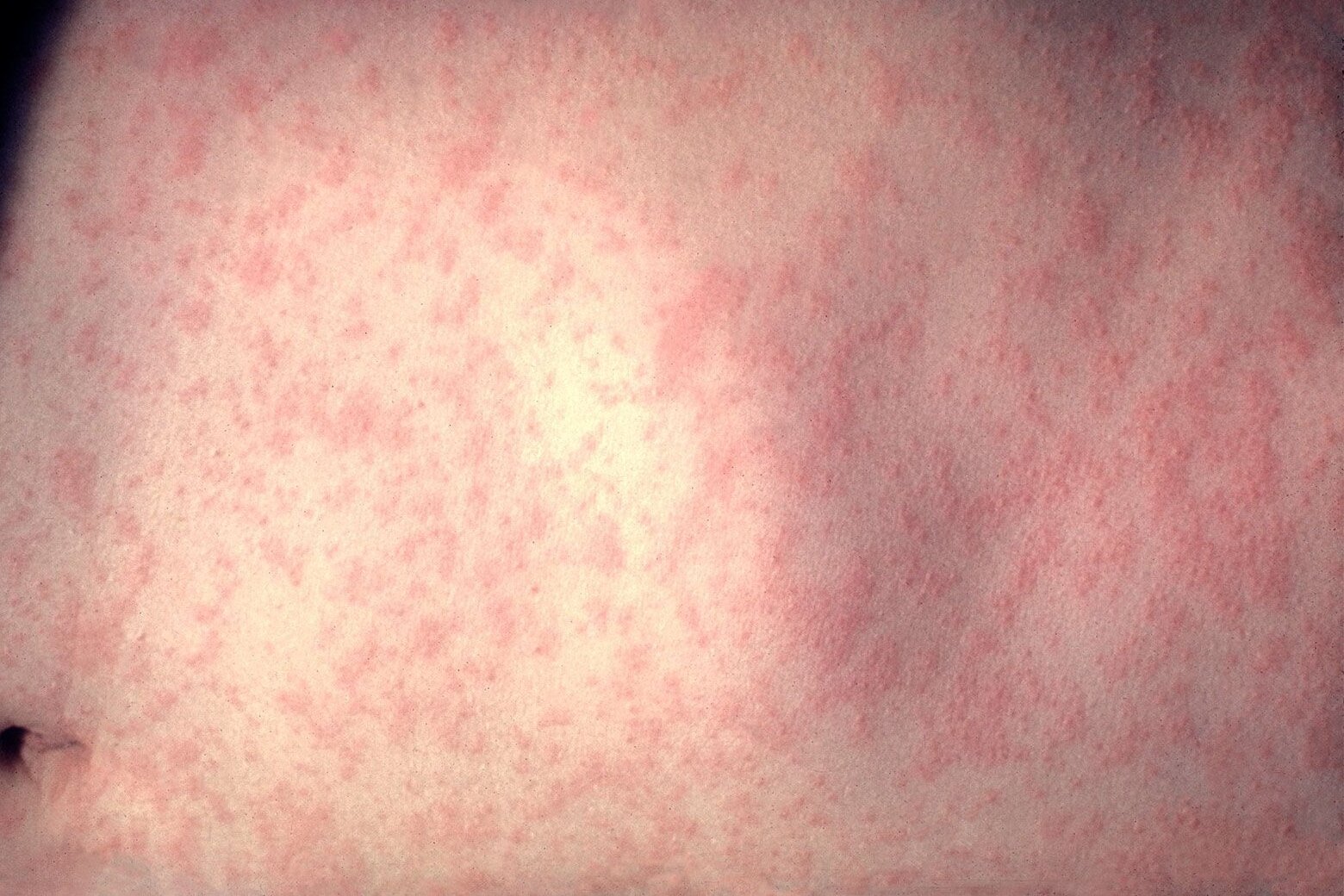Measles Alert: DC Health Probes Potential Restaurant Exposure Amid Infectious Outbreak

A potential public health alert has been issued after the D.C. Department of Health confirmed a measles case linked to a local restaurant visit in early April. Health officials are urging residents to be vigilant and check their vaccination status following this potential exposure.
The individual diagnosed with measles had dined at an unspecified local restaurant, raising concerns about potential community transmission. Measles, a highly contagious viral disease, can spread rapidly in public spaces, making this incident a matter of significant concern for local health authorities.
Residents are advised to monitor themselves for symptoms, which typically include high fever, cough, runny nose, and distinctive red rash. Anyone who may have been at the restaurant during the specified time frame and is experiencing these symptoms should contact their healthcare provider immediately.
The D.C. Department of Health is actively investigating the case and working to prevent further spread of the virus. Vaccination remains the most effective method of protection against measles, and health officials strongly recommend ensuring immunization records are up to date.
